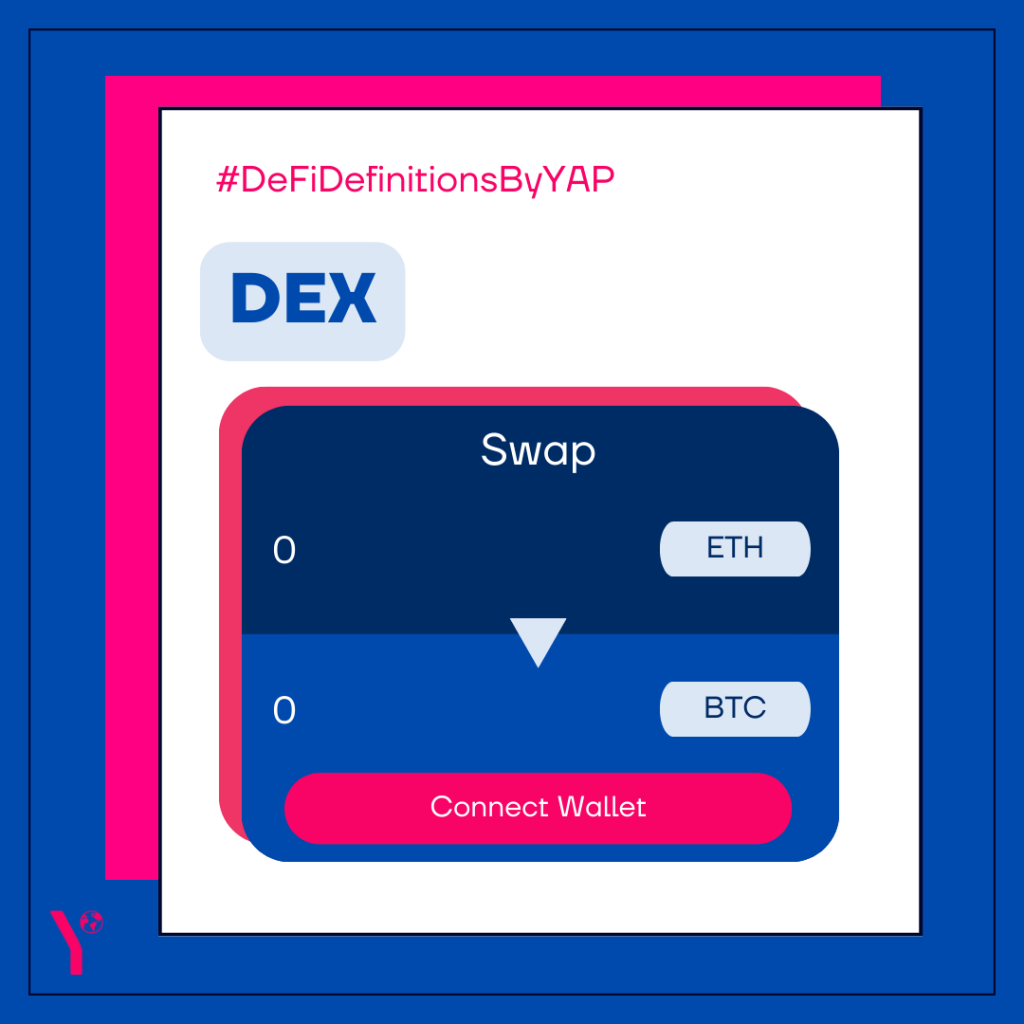A decentralised exchange (DEX) is a peer-to-peer marketplace where users can buy or sell cryptocurrencies without needing an intermediary to facilitate those trades or custody user funds. DEXs do this by substituting those intermediaries – brokerages, exchanges, banks, and financial institutions – with automated smart contracts that execute under particular conditions.
These smart contracts establish the prices through various means, but some of DeFi’s most successful DEXs operate using an automated market maker model (AMM) which sets the price of various tokens against each other using algorithms and shared pools of liquidity. The largest DEX by trading volume is an Ethereum-based project called Uniswap, with a current 24h trading volume of $790.45 million.
DEXs provide their users with private, open-source, and permissionless access to trading markets in whichever jurisdiction they may live in. Some see DEX’s inevitably overtaking their centralised counterparts and saw a glimpse of the future during the bull run of ‘DeFi Summer’ in 2020, when the trading volume of Uniswap surpassed the daily volume of Coinbase Pro.
